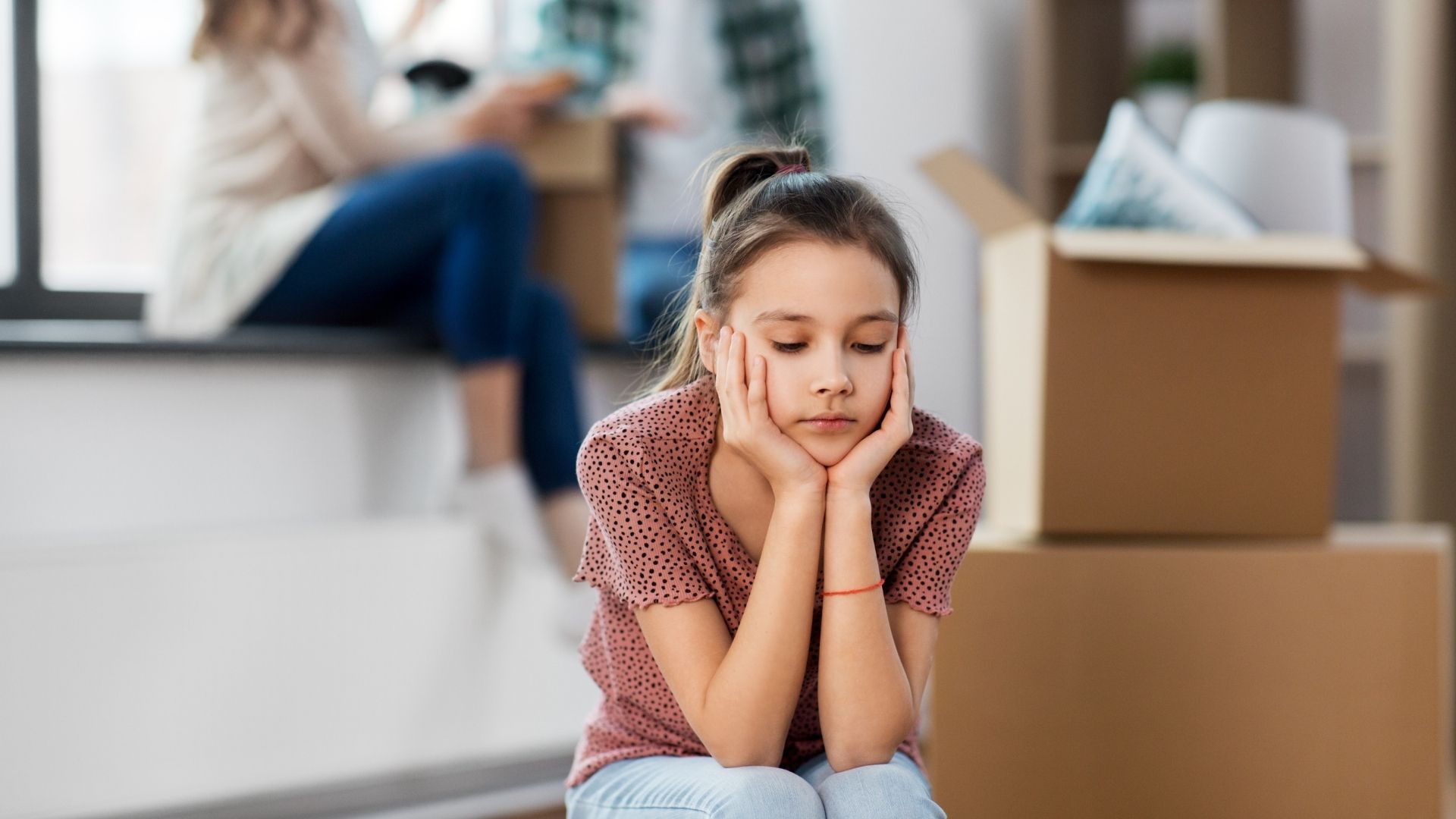Do you have those moments where you hear something and it it so interesting that you think about it for days? I hope I am not the only one! 🙂 I was driving somewhere the other day, and heard the most amazing study data discussed on the radio. It literally made me stop and write it down so that I could ponder it further. So, here is what I heard, and how I integrated play therapy into the information!
The research, in a nut shell, said that we don’t like change or the unknown. And actually are willing to suffer in an effort to prevent it! This study offered college students a new type of course (unfamiliar) that was far easier curriculum and required less work and the traditional (familiar) course that was more difficult with more work. Overwhelmingly, students were more likely to choose the more difficult course because it was comfortable and they knew what to expect, even though the alternative was easier!
What, then, is the implication for children? How can we help children face the unknown and the unfamiliar when life inevitably changes and it is just easier to want to stay with the old and easy way? Here are four of my play-therapy based techniques to ease the pain of change for your kiddos:
Set expectations.
It’s easy to get into the habit of thinking that telling kids what is happening or what is coming up will worry them or make them scared. The opposite is actually true! It is really important to tell children what to expect, in age appropriate language so that they can prepare and not feel victimized by their circumstances. That might sound like, “Daddy doesn’t have a job anymore, so he is going to look for a new one. We might not go out to restaurants for a few weeks.”
Reflect feelings.
Kids want and need to feel validated and understood. Most of the time, though, they can’t really effectively express their emotions and it makes them frustrated. Decide what you think they must be feeling about the upcoming change, and say it to them in a short sentence. This helps them not only feel heard, but also helps them identify their emotions and communicate them in the future. You might say, “You are probably wondering if you will make new friends when school starts next week.”
Role play.
It seems like the older we get, the more we forget how important it is to play out different scenarios and situations. Play allows children the opportunity to construct a different outcome, play through consequences of different actions, mentally prepare for possible reactions, and more. Giving your child a moment to practice a new or different circumstance will create feelings of competence and capability to face it when it actually comes. You could say, “When we go to dance class for the first time tomorrow, you will meet your teacher and classmates. We can pretend that I am your teacher, and you tell me what you might say when we get there.”
Use the “I Wonder” statement.
One of the principles that I teach in my online parent training course, Child-Parent Relationship Therapy (CPRT), is that questions put children in their heads as they process cognitively, but they live in their hearts as they feel emotions. Rather than asking questions about a situation, you can use the “I Wonder” statement (even more effective in a whisper form!) to help the child process it. That would sound like, “I wonder what you are going to do if the nurse has to give you a shot at the doctor.”
I always wish that I could shield my son from the hard changes and the unknowns of this world! But, I realize that by helping him to prepare, process, and plan for these events, I am setting him up for success for the immediate circumstance and for the rest of his life. And, of course, that is my bigger goal – to give him the inner tools to handle anything that he faces. I hope that we can all work toward facing change and challenges with grace and peace!

